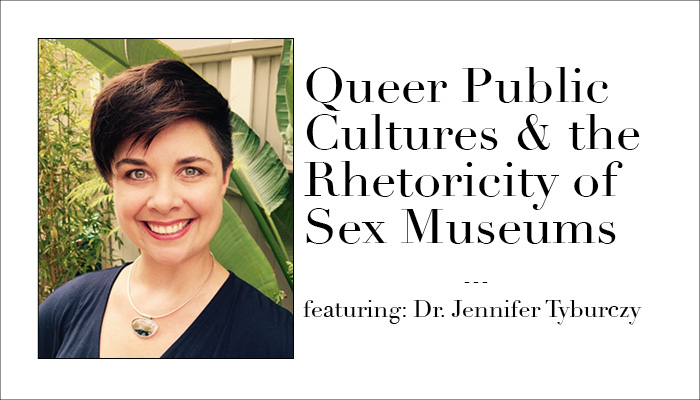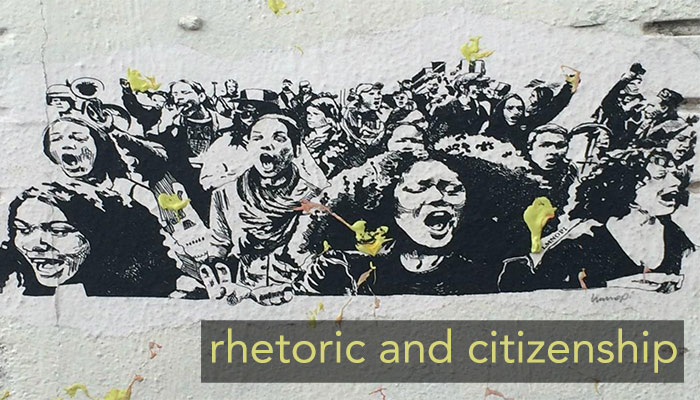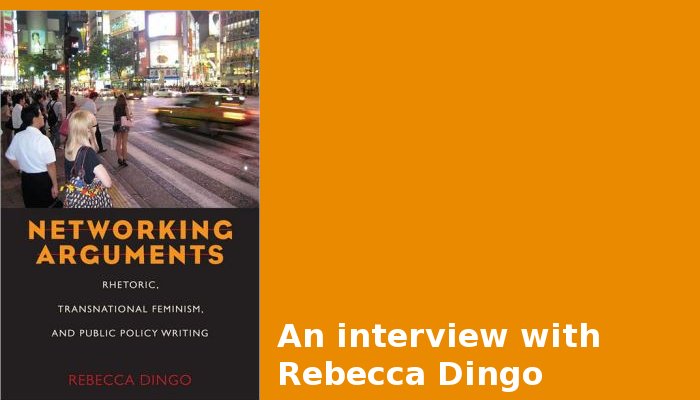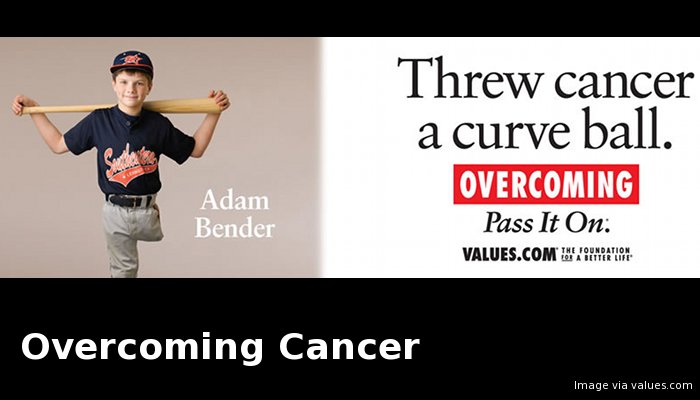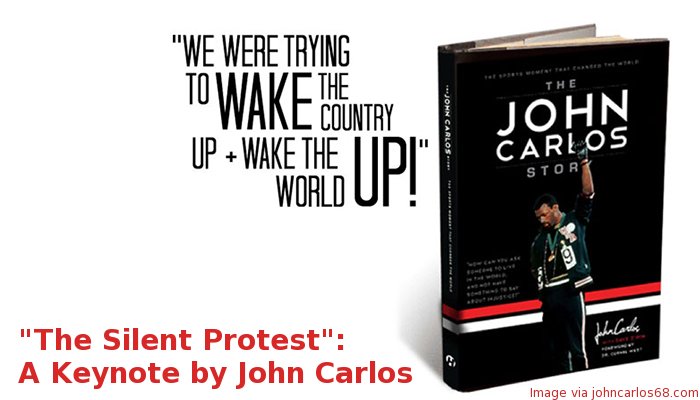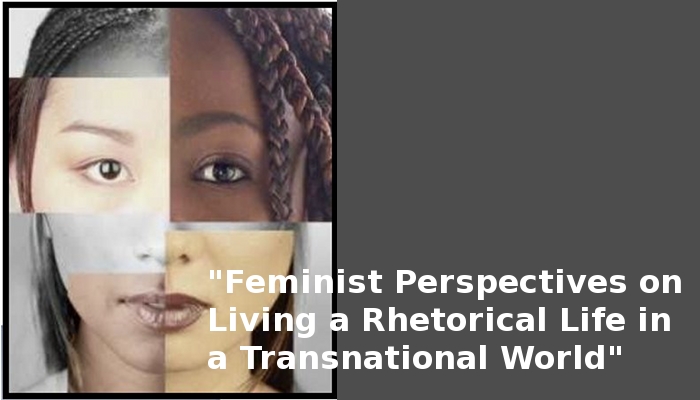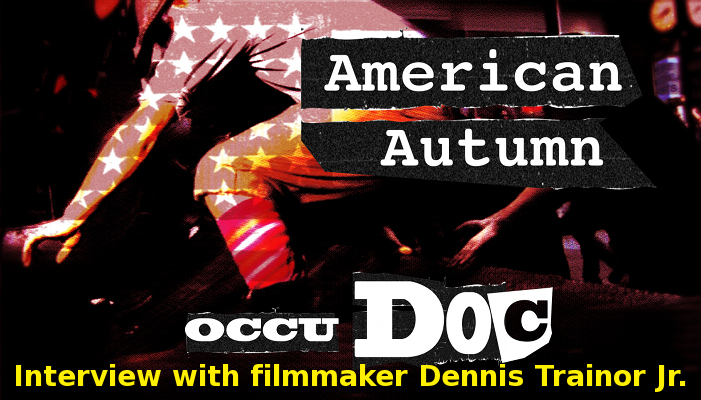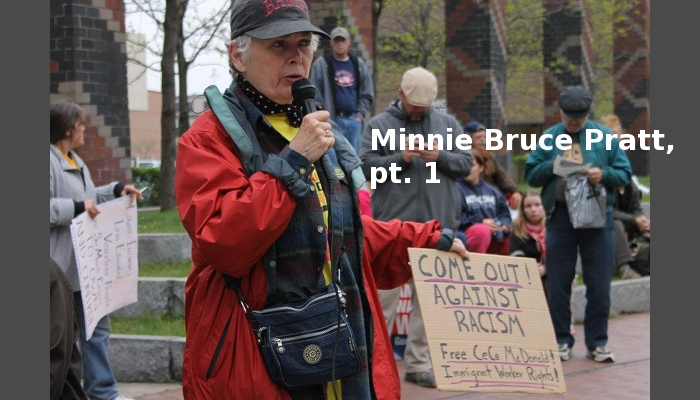“Homonormativity has had two kind of strains of theoretical emphasis, one of which has been the focus on neoliberal prerogatives and priorities into institutions and everyday life, and gay and lesbian formations in particular, and I say gay and lesbian for a reason. And the development of a prescriptive set of social codes that define what it means to be a cosmopolitan queer. And I think that, some people would say the movement has been hijacked, and I don’t disagree with those folks who make those arguments, but I don’t want to be so fatalistic about it. There is always time and space to rethink and remobilize along different lines and priorities.”
“And so I’m saying the word ‘sodomy’ I’m saying ‘queer,’ and this museum group, all heads turn at once away from their tour group, and they start listening to me and kind of following me around, right. And so this completely different history that was unexpected to them, to the person interviewing me, and to this random tour group, but they wanted to know, right? So there are all of these different histories that we can tell about these objects when we look through the lens of queer curatorship, when we look through the lens of all museums are sex museums.”
Today we’ll be talking about queer cultures, the rhetoricity of museum space, what role museums play in the formation of sexual subjectivities and national sexual cultures.
Click here to find full transcript of the episode.
Music from Otis McDonald: “Behind Closed Doors” and “Other Way”
Podcast: Play in new window | Download
